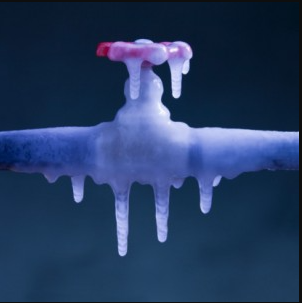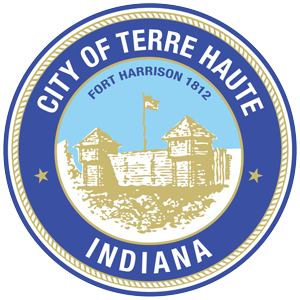Sewage Billing News: Extreme Cold Incoming... How To Prevent Frozen Pipes
December 19, 2022

From the National Weather Service...
...DANGEROUSLY COLD WIND CHILLS WELL BELOW ZERO, STRONG WIND, AND ACCUMULATING SNOW ARE EXPECTED LATE THIS WEEK... A strong storm system is expected to bring significant weather impacts to central Indiana starting late Wednesday night and continuing through Christmas weekend. * WHAT...Dangerously cold wind chills well below zero, strong wind, and accumulating snow. * WHERE...All of central Indiana. * WHEN...Beginning as early as late Wednesday night with conditions deteriorating rapidly Thursday night into Friday. * IMPACTS...Wind chills of this magnitude can cause frostbite in less than 5 minutes. Hypothermia can occur if precautions are not taken. Travel could be impacted by roads quickly icing over at the onset of the Arctic air Thursday night, and additional snowfall could cause difficult travel through Friday.
Be prepared and prevent frozen pipes and related leaks by reviewing and following these tips:
- Search your house for uninsulated pipes, especially in unheated areas. Consider wrapping pipes with foam insulation or electric heating tape but follow manufacturer's instructions carefully to avoid a fire hazard.
- Check to make sure your garage door and crawl space doors/vents are closed.
- Leave cabinet doors open in kitchen and bathroom areas to allow warm air to circulate and consider letting a faucet drip to keep water moving through the pipes. If you have young children, relocate any chemicals of cleaners that may have otherwise been out of reach behind the cabinet doors.
- Seal cracks and holes in outside walls and foundations with caulking, especially where cable TV or phone lines enter the house, to keep cold air away from pipes.
- Make certain the water to your hose bibs is shut off inside your house (via a turnoff valve), the lines are drained, and the hose is disconnected from the spigot.
- Drain and shut off entirely the water to any unoccupied residence such as a summer or vacation home. A loss of power during a winter storm could cause pipes to freeze. If you intend to leave a property entirely without heat, be sure to drain all water to prevent the possibility of frozen pipes.
- Set the thermostat at no lower than 55 degrees if you’re going out of town. Although you may be able to get away with a lower temperature, this setting is generally considered to be safe for pipes.
- Make sure you know where your main water shut-off valve is in case you need to shut your water off it in an emergency.
More information available here... PREVENTING FROZEN WATER PIPES
